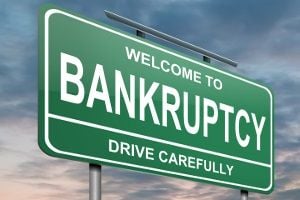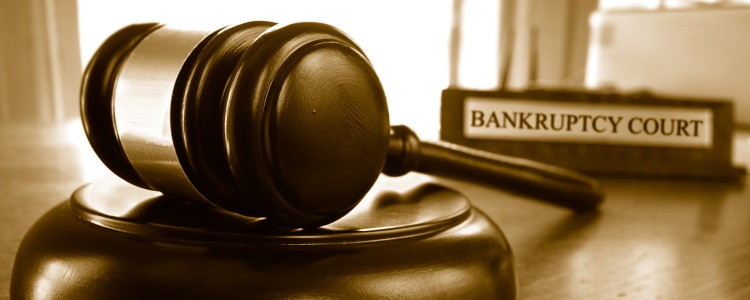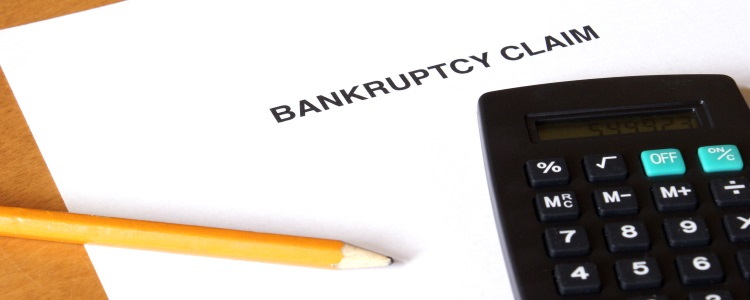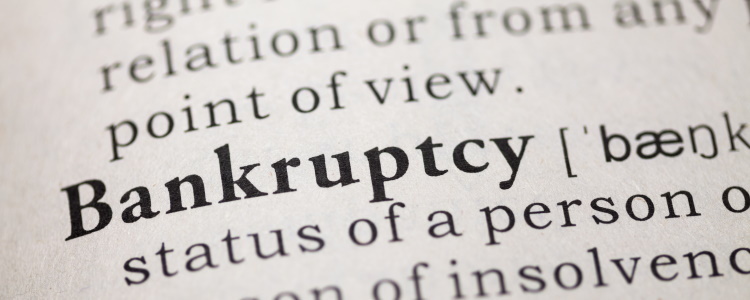Filing for bankruptcy isn’t an easy decision to make. If you feel filing for bankruptcy is the only option, you may be wondering which type of bankruptcy you should file. Depending on your financial situation, you can file either a Chapter 7 bankruptcy or a Chapter 13 bankruptcy, but there are some key differences you should be aware of.
Chapter 7 vs. Chapter 13
Both types of bankruptcies – a Chapter 7 and Chapter 13 – have the same end goal: to wipe out your debts. While both bankruptcies impact your credit, they don’t work in the same way. Here’s a breakdown of their differences:
Chapter 7
 A Chapter 7 bankruptcy is a liquidation bankruptcy, meaning it eliminates most or all of your debt by selling any nonexempt property – which can sometimes include a house or car – to pay back your creditors. This type of bankruptcy is relatively short, lasting three to four months, but remains on your credit reports for up to 10 years from the day you file. Depending on your state’s exemption rules, you may be able to keep some property if it falls under the acceptable exemption amount.
A Chapter 7 bankruptcy is a liquidation bankruptcy, meaning it eliminates most or all of your debt by selling any nonexempt property – which can sometimes include a house or car – to pay back your creditors. This type of bankruptcy is relatively short, lasting three to four months, but remains on your credit reports for up to 10 years from the day you file. Depending on your state’s exemption rules, you may be able to keep some property if it falls under the acceptable exemption amount.
To qualify for a Chapter 7, you must first pass your state’s “means test” which looks at your financial records. If your income, based on family size, is less than the state’s median income for a similarly-sized household, you qualify for a Chapter 7 bankruptcy.
You should file a Chapter 7 if…
Your income is below your state’s average, or you have few assets.
Chapter 13
A Chapter 13 bankruptcy is a reorganization bankruptcy, and lasts either three or five years. You set up a repayment plan to pay back all, or most, of your debt. You make a monthly payment to your bankruptcy trustee, who distributes the money to your creditors. As soon as you finish your repayment plan, the bankruptcy is discharged. Unlike a Chapter 7, you usually get to keep your property, which takes the stress out of losing your vehicle or home. But, qualifying for a Chapter 13 can be more challenging.
In order to qualify, you must make a regular income and have unsecured debt that’s less than $394,725 or secured debt that’s less than $1,184,200.
You should file a Chapter 13 if…
You need more time to catch up on bills, or you have too large of an income to qualify for a Chapter 7.
The Bottom Line
If possible, you should avoid filing for bankruptcy. Unfortunately, it may be the best option depending on your situation. Although filing for bankruptcy drops your credit score, the impact lessens over time. If you're in a bankruptcy or have been through one in the past and need a car, let Auto Credit Express help.
Our network of dealers works with credit-challenged consumers to help them find auto financing. We want to connect you with one of these special finance dealership near you, for free. Simply submit our online auto loan request form to get the process started.
















